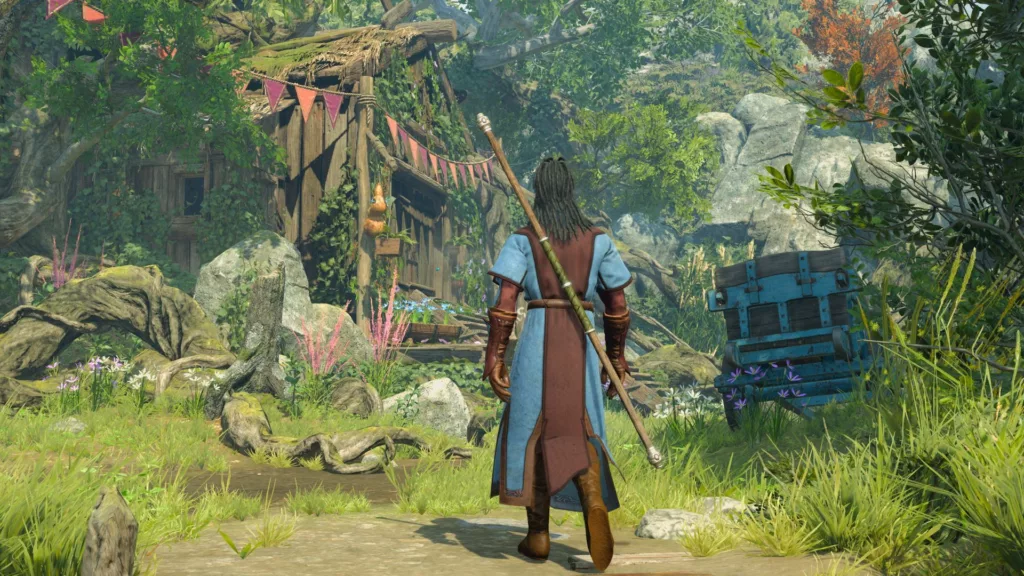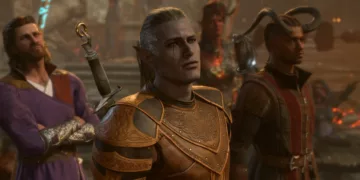In the evolving landscape of the video game industry, Swen Vincke, the head of Larian Studios known for ‘Baldur’s Gate 3‘, has voiced strong opinions against the increasing trend of subscription-based gaming services. His stance highlights a growing debate within the industry about the future of game distribution and ownership.
The rise of subscription services such as Microsoft’s Game Pass, Sony’s PlayStation Plus, and Nintendo Switch Online has introduced a new way for players to access a wide range of games for a monthly fee.
This model, while providing convenience and variety, has raised concerns about the implications for game ownership, visibility, and preservation. The recent remarks by an Ubisoft executive, suggesting gamers should get comfortable not owning their games, have further fueled this debate, especially among those who prefer traditional game purchasing methods.
Larian Studios’ Perspective: Content and Creativity First
Vincke, in a series of tweets and previous statements, has articulated a clear perspective that prioritizes direct interaction between developers and players. He argues that subscription models, while profitable, might stifle creativity and idealism in game development.
The concern is that under such models, a select few companies would have disproportionate influence over which games get produced, potentially leading to a homogenization of content and a suppression of innovative, riskier projects.
The Larian Studios boss warns of the dangers inherent in a market dominated by subscription services. In such a scenario, discoverability becomes even more challenging, and the preferences of the subscription service providers would significantly dictate the types of games developed. This could lead to a narrowing of creative diversity and a focus on profit-maximizing titles.
Diverse Voices in the Industry
Whatever the future of games looks like, content will always be king. But it’s going to be a lot harder to get good content if subscription becomes the dominant model and a select group gets to decide what goes to market and what not. Direct from developer to players is the way. https://t.co/wEUvd5adt0
— Swen Vincke @where? (@LarAtLarian) January 17, 2024
The gaming industry presents a spectrum of opinions on the subscription model. While some developers, like Miles Jacobson of Sports Interactive, praise platforms like Game Pass for bringing new audiences to their games, others like Vincke and major publishers including Rockstar, Take-Two, and Activision express reservations. They fear that releasing games day-one on subscription services may devalue the content and undermine the traditional sales model.
Vincke reaffirms Larian Studios’ commitment to traditional game sales, emphasizing the value of paying a fair price for a substantial, microtransaction-free gaming experience. This approach, he believes, is crucial for the studio’s sustainability and ability to continue producing quality games. His stance is not against subscription services per se, but rather a call to preserve the diversity of distribution models in the gaming ecosystem.
The video game industry stands at a crossroads, balancing between traditional game sales and the emerging subscription model. The debate is not just about how games are sold, but also about how they are made and the creative freedoms afforded to developers. As the industry continues to evolve, these discussions will play a crucial role in shaping the future of gaming.

